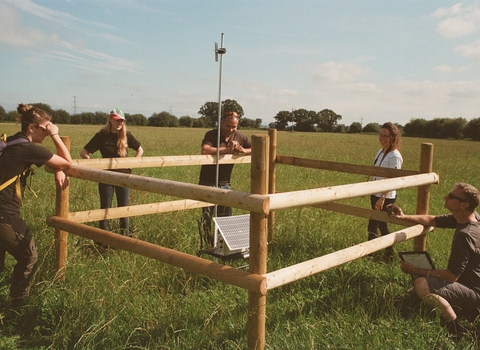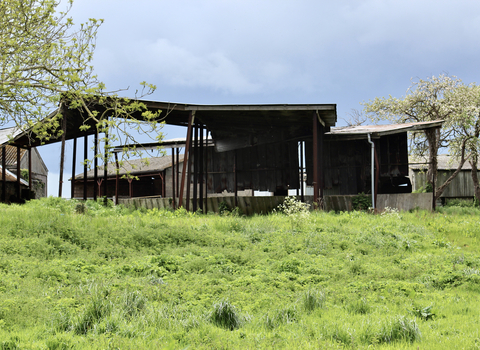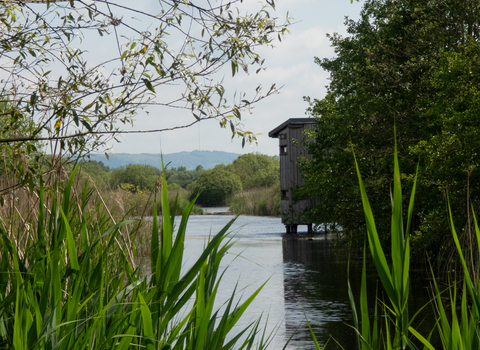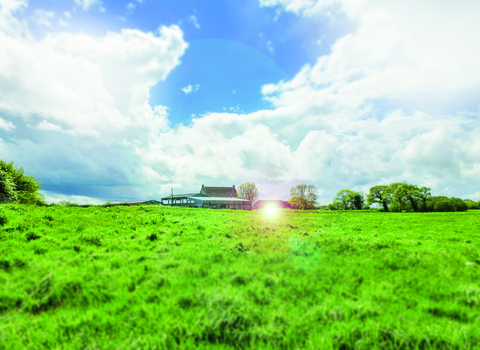Nature's recovery
This is an exciting site for Somerset Wildlife Trust as it’s the first we’ve bought to allow nature to recover without setting specific habitat or species objectives. We know the biodiversity baseline is relatively poor (better in some fields than others) and we know we want to restore the degraded peat. This is a long-term project with at least a 50 year timeline.
Over time we hope to see animal species such as great crested newts and lesser silver diving beetles and a general transition to more sedges, reed and soft rush appear as the site transitions from an agricultural improved grassland to a low nutrient peatland habitat. Importantly this habitat will contribute to supporting the range of breeding waders, over wintering starlings and migratory birds (like the iconic lapwing, golden plover and predatory merlin) for which the Somerset Levels are internationally important.
Some species, particularly botanical and invertebrate, will have boom years and as communities of peatland species start to form there will be change. We are monitoring the site very carefully and working with academic partners such as Centre for Hydrology and Ecology, University of Bristol and University of West of England to understand the changes happening at Honeygar from green house gas emissions to soil microbial communities to birds, insects and mammals.
Site management
We are managing the site to enable restored ecosystem function wherever possible, recognising Honeygar alone is not at the scale for complete restoration. We are not managing the site for particular species or habitats, so we are interested to see how nature responds.
Honeygar is still farmed with our neighbouring farmer grazing his dairy herd on the site, but in lower numbers with no inputs and mimicking a natural mob grazing system. Our neighbouring farmer took some initial silage cuts to remove excessive nutrients on the site.
As Honeygar develops we will be able to relax our management of the site and let ecosystem functions return to store carbon, improve water quality and hold water slowing the flow during peak rainfall. We have created 2 new full time jobs at Honeygar to help us manage the site, engage with people and to consider how we develop the site.




